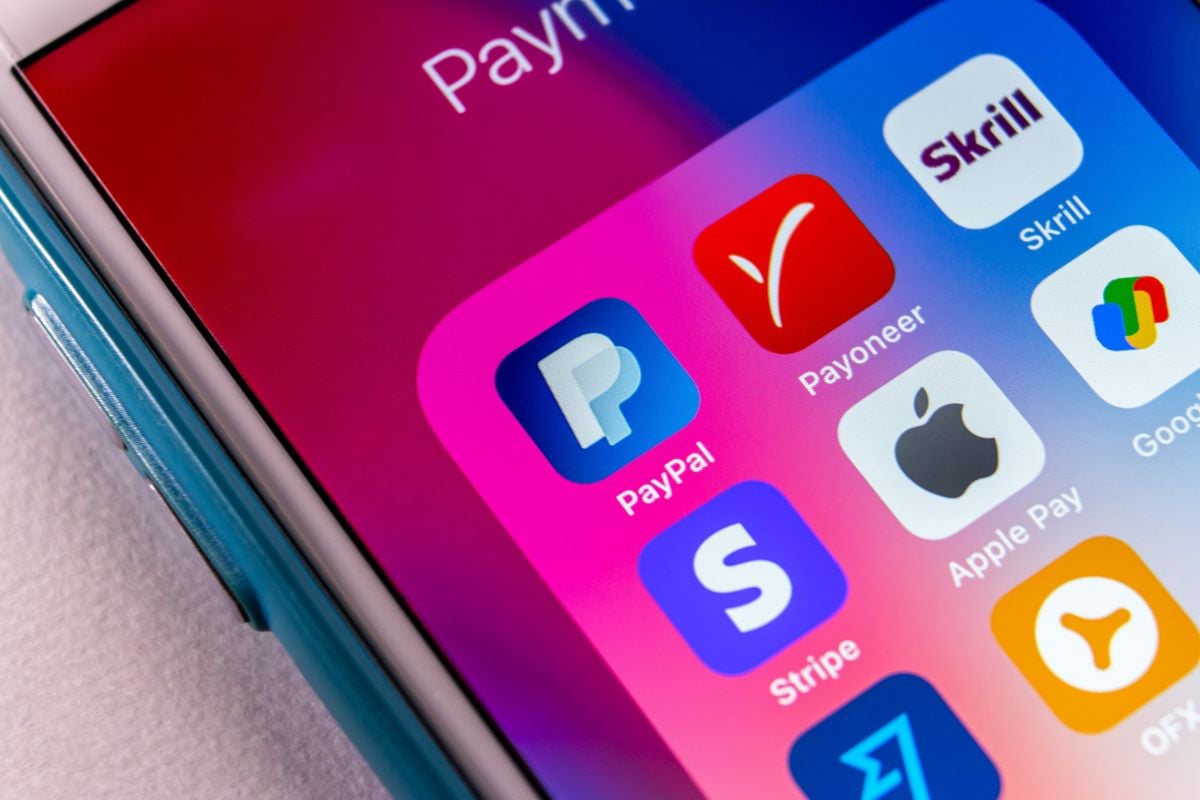
In the eCommerce world, alternative payment methods are continuing to challenge cards for a share of the market. Despite the rise of alternative payments being attributed to the pandemic, technology has been inevitably driving the payments industry towards faster, more convenient ways of exchanging money for decades.
Globally, digital and mobile wallets accounted for roughly half of all eCommerce payments in 2021, making them the most popular way to pay online. By 2025, this share will be over 53%, according to Statista.
Previously, we discussed alternative payment methods in some detail. Convenience, speed, and security make them fundamental for eCommerce as well as for all commercial activities. Below are some reasons why:
1. Offer a frictionless payments experience
A staggering 70% of the digital shopping cart and basket abandonments were reported in November 2021. There has been a gradual increase in this percentage since 2014, indicating that it is difficult for online retailers to convert visitors from their websites into customers.
Payment methods vary from transaction to transaction, and consumers choose the method that is right for them. For example, paying with local methods can speed up the checkout process, as customers who use eWallets or phone payments usually have to take fewer steps than those who use credit cards.
2. Expand your international customer base
Traditional credit cards may be well suited for many countries, but alternative payment methods may be needed to reach global customers, particularly those in emerging regions. Your business must be able to reach as many potential customers as possible on an international scale, especially if you wish to expand internationally.
The popularity of these alternative payment methods is greatly influenced by location. For example, looking at APAC – Alipay and WeChat Pay are the most popular mobile wallets in China. Meanwhile, on the other end of the spectrum in the Netherlands, account-to-account bank transfers is the most popular online payment method, amounting to 98% of online banking users.
3. Advantages against your competitors
Being reactive isn’t enough – you have to start offering alternative payment methods before they become the norm for all your competitors. It’s important to understand local trends in order to deliver frictionless, first-class payment experiences that keep you ahead.
You also need a payment technology solution that is customised to your business in order to employ new payment methods quickly and without adding complexity for your customers. Payment solutions that provide you with real-time insight into what transactions occur using each payment method and how they perform will also help you adapt to changing trends.
4. Increase your sales and customer trust
Among the top three factors that would lead consumers to adopt a new payment method, according to Gartner research, are:
- Making payments more secure.
- Receiving a financial reward for using a new payment method.
- Avoiding fees or charges of using a current payment method.
We can conclude that convenience and choice are important to consumers, and they are motivated to use APMs when they meet these criteria. A good example of this is Buy Now Pay Later, which recently became one of the most popular APMs that led to increased sales, as customers could commit easily to purchases without having the funds readily available.
With greater encryption and tokenisation, APMs are more secure online and in-store, and biometric authentication measures like fingerprint authorisation make them even more secure than chip and PIN.
How we can help
Trust Payments can connect you with a range of APMs to help you reach customers across different regions and countries as we have an extensive network of international partners like:
- Alipay (China)
- Bancontact (Belgium)
- Bitpay
- EPS (Austria)
- Giropay (Germany)
- iDeal (The Netherlands)
- Multibanco (Portugal)
- MyBank (Italy)
- PayPal
- PaySafeCard
- PaySera (Estonia, Lithuania and Latvia)
- PayU (Czech Republic and Poland)
- Przelewy24 (Poland)
- Satispay (Italy)
- Sepa (The Netherlands)
- Sofort (Germany, Netherlands, Belgium, Austria, Spain, Italy, Portugal, Great Britain, Switzerland)
- Trustly (Czech Republic, Denmark, Estonia, Finland, Latvia, Lithuania, Norway, Sweden, Slovakia, Germany, Austria, UK, Netherlands, Poland and Spain)
Our team help you understand why your customers prefer buying goods and services online using APMs so that you don’t miss out on valuable transactions. Reach out today.




